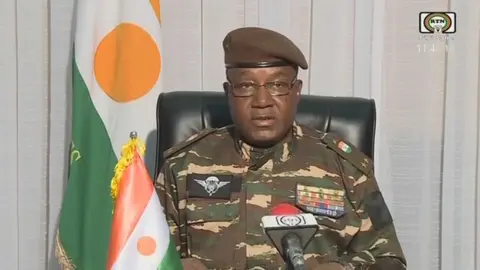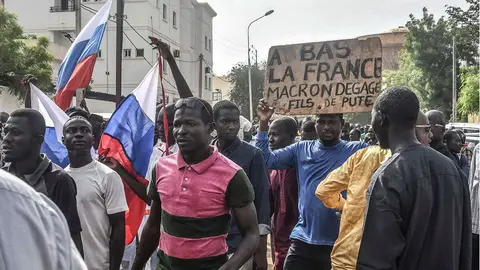Mauritania meets again with the Sahel countries and suggests that Mali follow in its footsteps
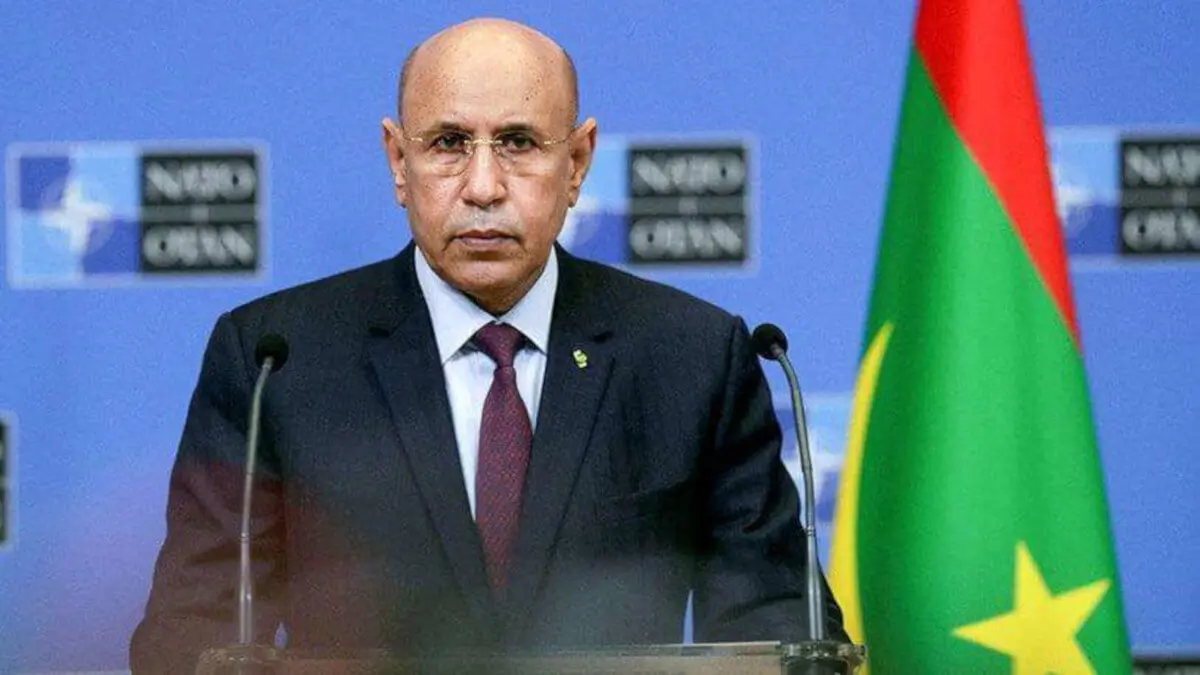
The Mauritanian government has confirmed its return to the G-5 Sahel. In turn, Nouakchott welcomes the African Alliance whose birth serves to promote cooperation, unity and achieve security on the continent.
Mauritania aims to maintain close ties with the five Sahel countries that share common security and development challenges, particularly in the fight against terrorist groups that threaten the stability of the region, which means that radical changes in each country will be reflected in the other countries that make up the group.

Government spokesman and Minister of Petroleum, Energy and Minerals Nani Ould Achrouqa confirmed that the new alliance would be welcome "as long as it was not at the expense of the five Sahel countries", according to the state-run Sahara Media news agency.
The African Sahel Group is a multilateral coordination and cooperation organisation established in Nouakchott since 2014 whose main mission is to address economic and security issues and policies. It would not be until 2017 with the counter-terrorism operations that the organisation reached its peak in terms of coordination and search for solutions.

Mauritania is currently the only country led by an elected president that maintains a good partnership with Paris. This fact is seen by the rest of the members as a strategic advantage among the countries of the African Sahel region, which is at the centre of security and development issues, although it is not the only state that has a good relationship with the French Republic.
Due to recent events and statements by the President of the Republic Emmanuel Macron, some of these countries have increased their feelings of rejection and hostility towards their former colonialists.
They also share the problems of the expansion and professionalisation of extremist groups, the weakening of state institutions and the resulting political instability. In other words, this means that an unconstitutional change of power in one of these countries could have very serious repercussions in the others.
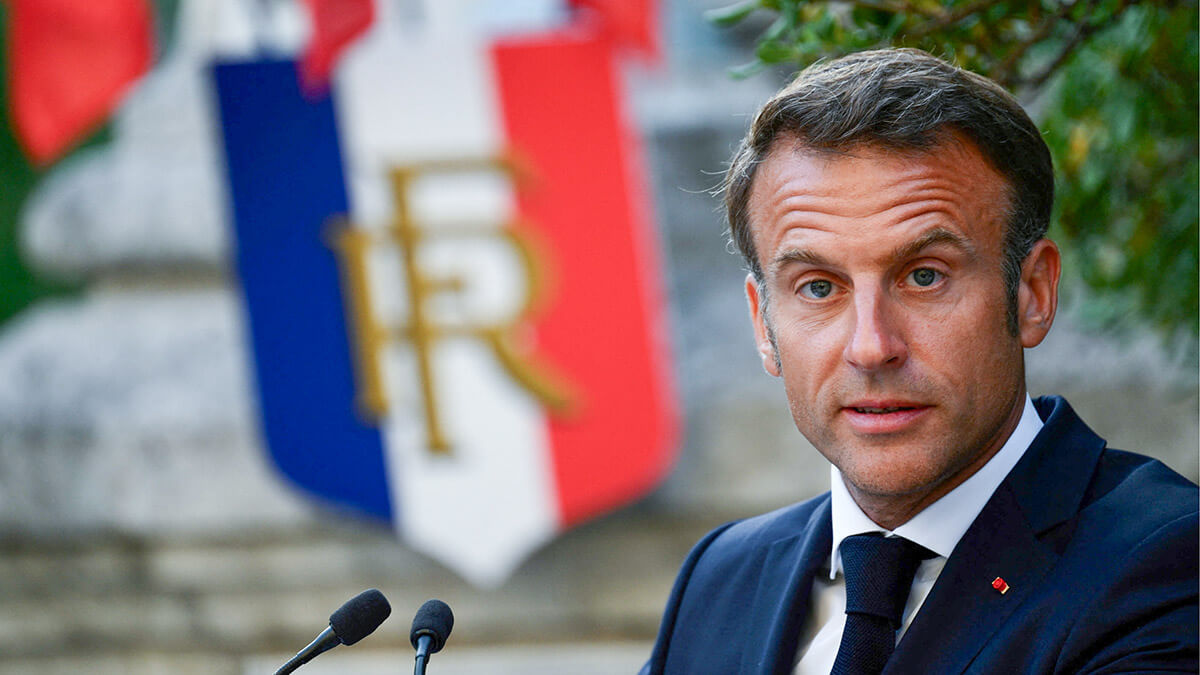
Achrouqa responded to Sahara Media on the recently formed tripartite alliance between Mali, Niger and Burkina Faso: "Mauritania welcomes all African groups, whether or not they adhere to the principles of African unity", stressing that such a union "will not be achieved at the expense of the G-5 Sahel".
The context of the region is complex. In the recent past, Mali, Niger and Burkina Faso, ruled by a military junta since a coup, signed a security agreement in September to help each other in the event of an uprising or foreign invasion.

The alliance aims to establish a "mutual defence structure and mutual economic support". The three states are currently engaged in a bitter struggle to control al-Qaeda and Daesh-linked rebels and relations with neighbours, with international partners also having to get involved for fear of attack.
The Mauritanian minister expressed hope that Mali would return to the group after the Malian military junta's decision to withdraw from multinational forces in the Sahel region in May 2022. The decision to withdraw was justified by the fact that Mali was not allowed to assume the presidency of the "G-5 Sahel Group", as the capital, Bamako, was due to host a meeting of the leaders of these countries in February 2022 and the pretext of "internal instability" was given after witnessing a military coup d'état.
"The Malian government has decided to withdraw all institutions and organisations from the G-5 Sahel group, including the joint force, to fight jihadists," the council said in a statement.

Mauritanian President Mohamed Ould Cheikh Ghazouani earlier warned of rising tensions in Africa's Sahel region, noting that Mali's withdrawal from the G-5 Sahel has "considerably" weakened the group.
Speaking at the Dakar International Forum for Peace and Security in Africa, Ghazouani spoke of "unconstitutional changes in the region", calling them "disturbing and unacceptable". He said the countries of this group "will overcome these difficulties and continue the collective fight against terrorism and security".
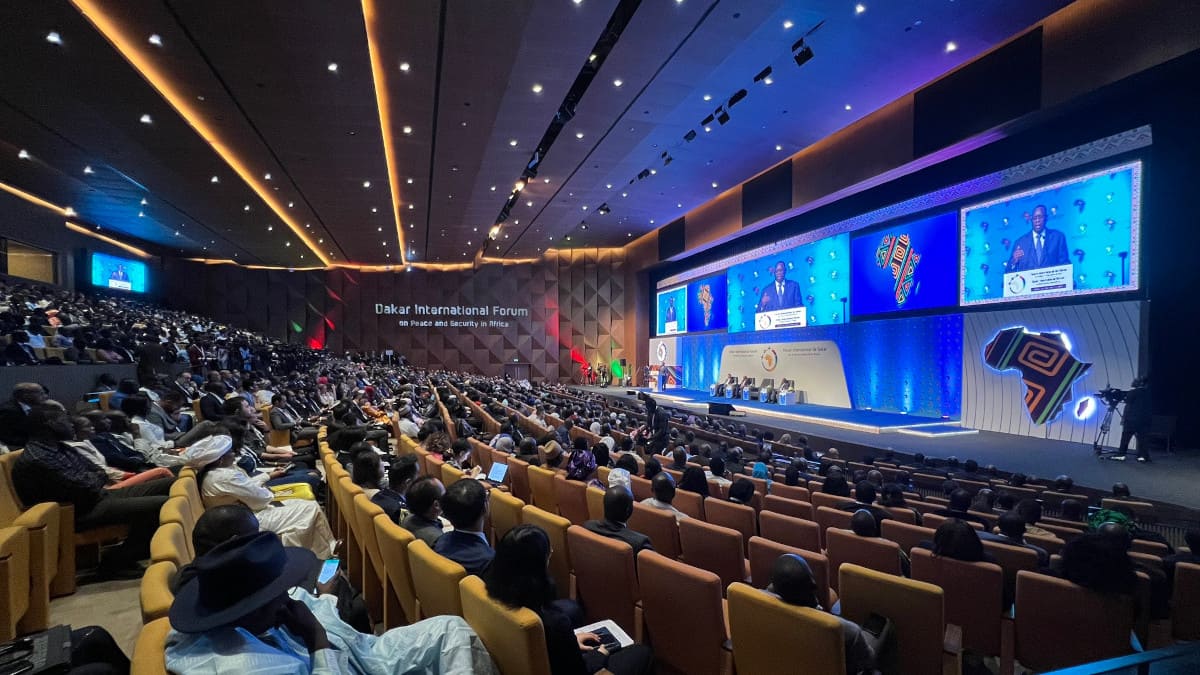
"The African Sahel Group is going through a critical phase due to Mali's withdrawal. For more than a decade, Africa has been the scene of various forms of political, terrorist, social and ethnic violence," he added. He noted that the spread of this phenomenon "destabilises the country and causes the loss of control over the whole region, turning it into a cesspool of violence and extremism".
The extremist organisation is active in many African countries, especially in the G-5 Sahel countries, and occasionally carries out attacks on military and foreign barracks. Several G-5 Sahel countries also suffer from widespread poverty and political instability, so he did not want to leave out of his speech the importance of fighting resource misappropriation, developing basic infrastructure and international growth in order to form sufficient support to help boost Africa's ailing economies.

